Lawrence, Massachusetts, boasts a rich and storied history that spans centuries, from its origins as a planned industrial city to its pivotal role in shaping labor movements and immigrant communities.
As one of the first industrial cities in the United States, Lawrence played a significant role in the Industrial Revolution, with its textile mills driving economic growth and attracting waves of immigrants seeking opportunity and prosperity.
Over the years, Lawrence has faced challenges and triumphs, from labor strikes and economic downturns to revitalization efforts and cultural revitalization.
Exploring the history of Lawrence offers valuable insights into the city’s resilience, diversity, and enduring spirit.
Lawrence Massachusetts History
Lawrence, Massachusetts, is steeped in history, from its industrial roots to its role in shaping labor movements and immigrant communities.
Here are some pieces of historical evidence that illuminate Lawrence’s past:
Industrial Revolution

Lawrence played a pivotal role in the Industrial Revolution, emerging as a leading center of textile manufacturing in the 19th century.
The construction of the Merrimack Manufacturing Company’s textile mills along the Merrimack River transformed Lawrence into a bustling industrial hub, attracting thousands of workers seeking employment in the mills.
The growth of the textile industry in Lawrence fueled the city’s economic prosperity and shaped its urban landscape.
Bread and Roses Strike
The Bread and Roses Strike of 1912 stands as a landmark event in Lawrence’s history and the labor movement in the United States. Led by predominantly immigrant textile workers, the strike was a response to poor working conditions, low wages, and long hours in the mills.
The strike galvanized public support and drew national attention to the plight of workers, ultimately leading to improvements in labor rights and working conditions.
Immigrant Heritage

Lawrence has a rich and diverse immigrant heritage, shaped by waves of migration from Europe, Asia, and Latin America.
Beginning in the 19th century, immigrants from Ireland, Italy, Poland, and other countries flocked to Lawrence in search of economic opportunities in the mills.
Their contributions to Lawrence’s cultural fabric are evident in the city’s vibrant neighborhoods, churches, and cultural institutions.
Tenement Living
The history of tenement living in Lawrence reflects the struggles and resilience of its working-class residents. Tenement housing, characterized by overcrowded and unsanitary conditions, was a common feature of Lawrence’s urban landscape during the industrial era.
Despite the challenges of tenement life, residents formed tight-knit communities and forged bonds of solidarity that transcended ethnic and cultural divides.
Ethnic Enclaves
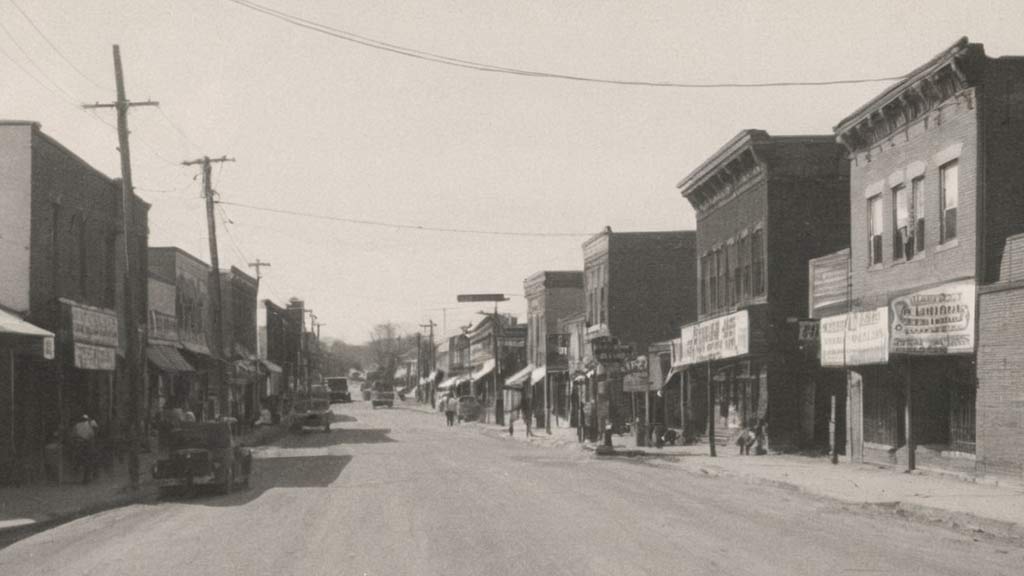
Lawrence’s neighborhoods were shaped by ethnic enclaves, where immigrant communities settled and established vibrant cultural hubs.
From the Irish enclave of “The Patch” to the Italian neighborhood of “Little Italy,” Lawrence’s ethnic enclaves were centers of social life, commerce, and cultural expression.
Today, these neighborhoods continue to celebrate their heritage through festivals, traditions, and culinary delights.
Urban Renewal
Lawrence underwent significant changes during the urban renewal efforts of the mid-20th century. The demolition of old mill buildings and tenements, coupled with the construction of modern housing projects and infrastructure, transformed the city’s landscape.
While urban renewal brought improvements in housing and infrastructure, it also displaced many residents and altered the character of Lawrence’s neighborhoods.
Cultural Revitalization
In recent years, Lawrence has experienced a cultural revitalization, fueled by efforts to preserve its historical landmarks and promote arts and culture.
The restoration of mill buildings into mixed-use developments, the establishment of arts organizations and galleries, and the revitalization of downtown areas have breathed new life into Lawrence’s urban core.
These efforts reflect Lawrence’s ongoing commitment to preserving its heritage while embracing new opportunities for growth and renewal.
Merrimack River
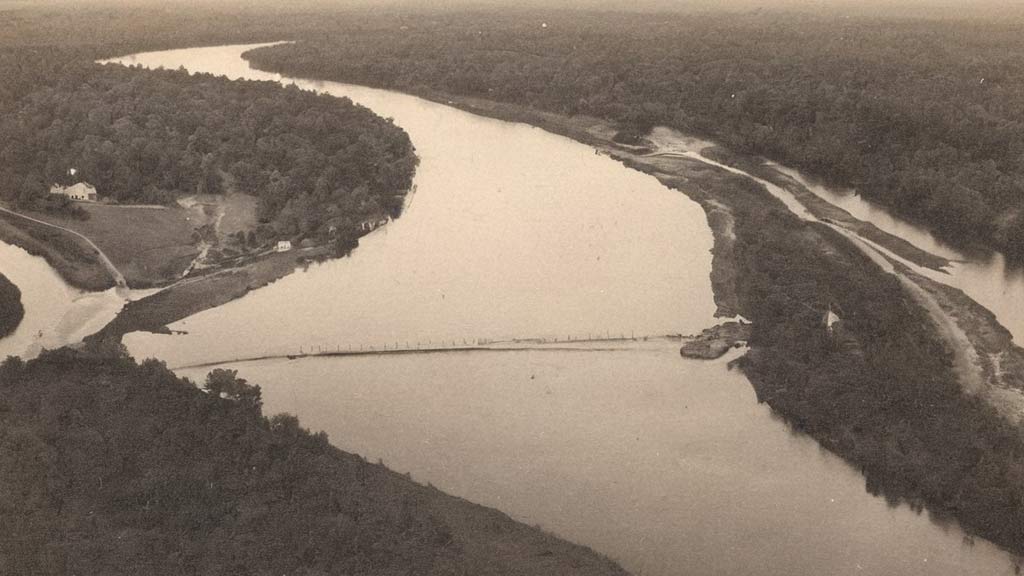
The Merrimack River has been a central feature of Lawrence’s history, providing the waterpower necessary for its industrial development.
The construction of mills along the riverbanks transformed Lawrence into a thriving industrial center and facilitated the transportation of goods to markets across the region.
Today, the Merrimack River remains an important symbol of Lawrence’s industrial heritage and a recreational resource for residents and visitors alike.
Lawrence Textile Strike of 1919
The Lawrence Textile Strike of 1919, also known as the “Great Strike,” was one of the largest and most influential labor strikes in American history.
Fueled by grievances over wages, working conditions, and the right to unionize, the strike involved over 20,000 workers from Lawrence’s textile mills.
The strike drew national attention and led to significant improvements in labor rights and working conditions for textile workers across the country.
Lawrence History Center
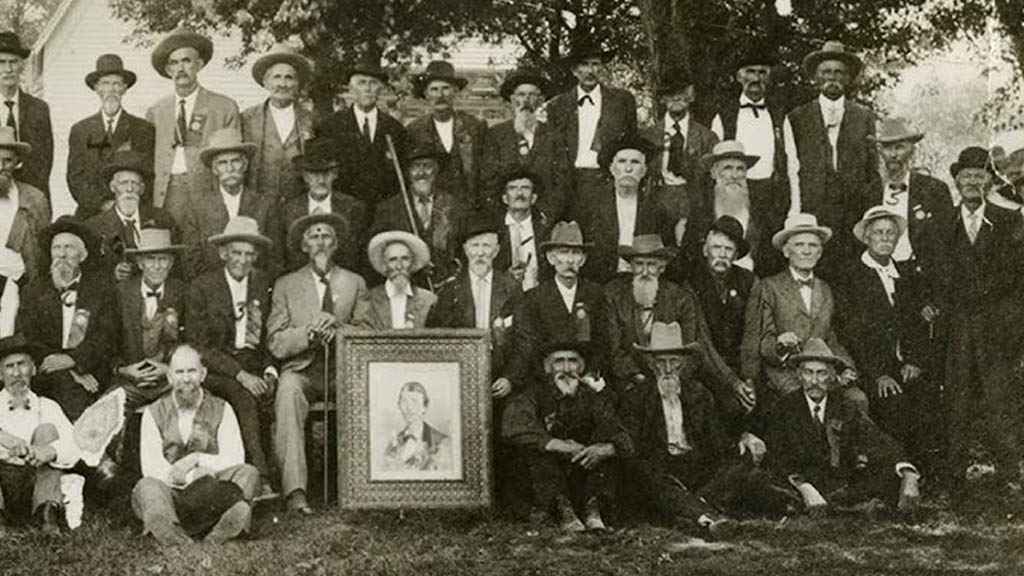
The Lawrence History Center is dedicated to preserving and promoting Lawrence’s rich cultural heritage. Through exhibits, educational programs, and archival collections, the center tells the story of Lawrence’s industrial past, immigrant communities, and labor history.
The Lawrence History Center serves as a valuable resource for researchers, students, and residents interested in learning about the city’s history and cultural diversity.
Immigrant Contributions
Immigrants have made significant contributions to Lawrence’s cultural, economic, and social development throughout its history.
From the Irish and French Canadian immigrants who worked in the mills to the Dominican, Puerto Rican, and Cambodian immigrants who arrived in later years, Lawrence’s immigrant communities have enriched the city’s cultural tapestry and shaped its identity as a welcoming and inclusive community.
Historic Preservation
Lawrence has undertaken efforts to preserve its historic buildings, neighborhoods, and landmarks to ensure that its rich heritage is protected for future generations.
Historic preservation initiatives have included the restoration of mill buildings, the designation of historic districts, and the rehabilitation of historic homes and public buildings.
These efforts contribute to Lawrence’s sense of place and serve as a reminder of its industrial past and immigrant heritage.
Lawrence Heritage State Park
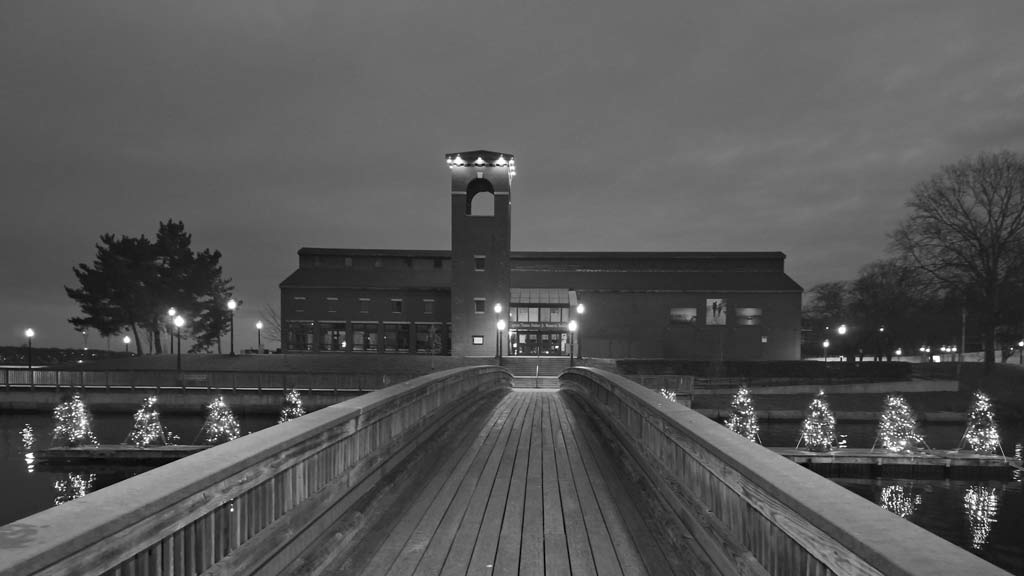
Lawrence Heritage State Park offers visitors a glimpse into the city’s industrial history and cultural heritage.
Located along the Merrimack River, the park features exhibits, walking trails, and interpretive programs that explore Lawrence’s industrial past, immigrant communities, and labor history.
Lawrence Heritage State Park provides a scenic and educational destination for residents and visitors interested in learning about the city’s history and heritage.
Educational Institutions
Lawrence is home to educational institutions that play a vital role in preserving its history and promoting cultural awareness.
Schools, libraries, and community organizations offer programs and resources that educate students and residents about Lawrence’s diverse cultural heritage, labor history, and immigrant contributions.
These institutions foster a sense of pride in Lawrence’s history and empower individuals to engage with and celebrate the city’s rich cultural tapestry.
What Is Lawrence Massachusetts Famous For?
Lawrence, Massachusetts, is renowned for its rich industrial history, vibrant immigrant communities, and cultural diversity.
Here are some things Lawrence is famous for:
Industrial Revolution
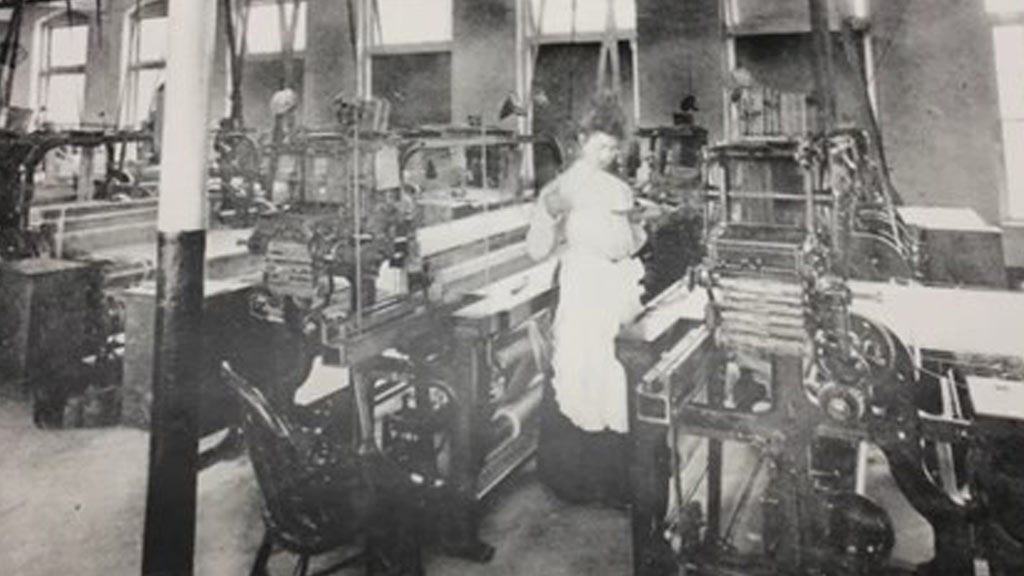
Lawrence gained fame as one of the first planned industrial cities in the United States, playing a pivotal role in the Industrial Revolution.
The city’s textile mills, powered by the Merrimack River, produced vast quantities of cloth and textiles, earning Lawrence the nickname “The Immigrant City” for its booming industrial economy and diverse workforce.
Bread and Roses Strike
Lawrence became famous for the Bread and Roses Strike of 1912, a landmark event in the history of labor rights and worker empowerment. Led by immigrant textile workers, the strike demanded better pay, working conditions, and union recognition.
The strike garnered national attention and led to significant improvements in labor laws and working conditions across the country.
Immigrant Heritage
Lawrence is renowned for its rich immigrant heritage, with waves of immigrants from Europe, Asia, and Latin America shaping the city’s cultural landscape.
Irish, Italian, Polish, and Dominican immigrants, among others, have contributed to Lawrence’s cultural diversity, cuisine, and traditions, making it a vibrant melting pot of cultures.
Historic Mills
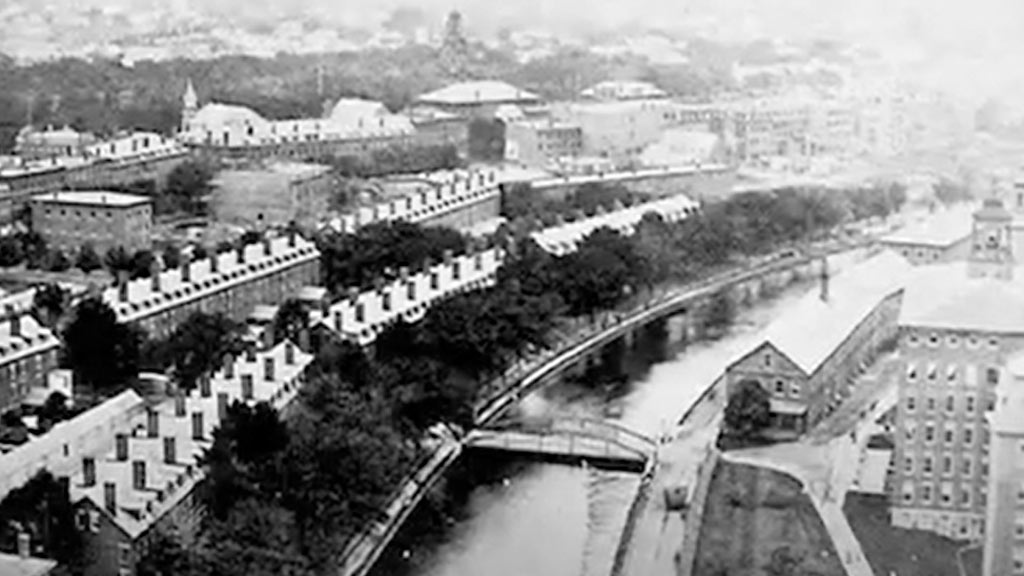
Lawrence’s historic textile mills stand as iconic symbols of its industrial past and architectural heritage. These massive brick structures, once bustling with activity, now serve as reminders of Lawrence’s industrial heyday and the ingenuity of its founders.
Some mills have been repurposed for residential, commercial, and cultural uses, preserving their historical significance while adapting to modern needs.
Lawrence Heritage State Park
Lawrence is famous for its Heritage State Park, a historic site that commemorates the city’s industrial history and immigrant heritage.
Located along the Merrimack River, the park features restored mill buildings, exhibits, and interpretive programs that showcase Lawrence’s industrial past, labor struggles, and cultural diversity, offering visitors a glimpse into the city’s storied past.
Ethnic Cuisine
Lawrence is celebrated for its diverse culinary scene, offering a tantalizing array of ethnic cuisines from around the world.
From traditional Irish pubs and Italian trattorias to Dominican bakeries and Vietnamese pho restaurants, Lawrence’s dining options reflect its multicultural makeup and immigrant roots.
Food enthusiasts flock to Lawrence to savor authentic flavors and experience the city’s rich culinary heritage.
Arts and Culture
Lawrence has gained recognition for its thriving arts and cultural scene, which celebrates the city’s diverse heritage and fosters creativity and expression.
Cultural festivals, art galleries, and community events showcase Lawrence’s vibrant artistic talent and cultural traditions, bringing residents and visitors together to celebrate the city’s unique identity and cultural heritage.
Is Lawrence MA A Good Place To Live?
Lawrence, Massachusetts, offers a unique blend of cultural diversity, economic opportunity, and community spirit that makes it an attractive place to live for many residents.
Here are some logical explanation why Lawrence is a good place to live:
Affordable Housing
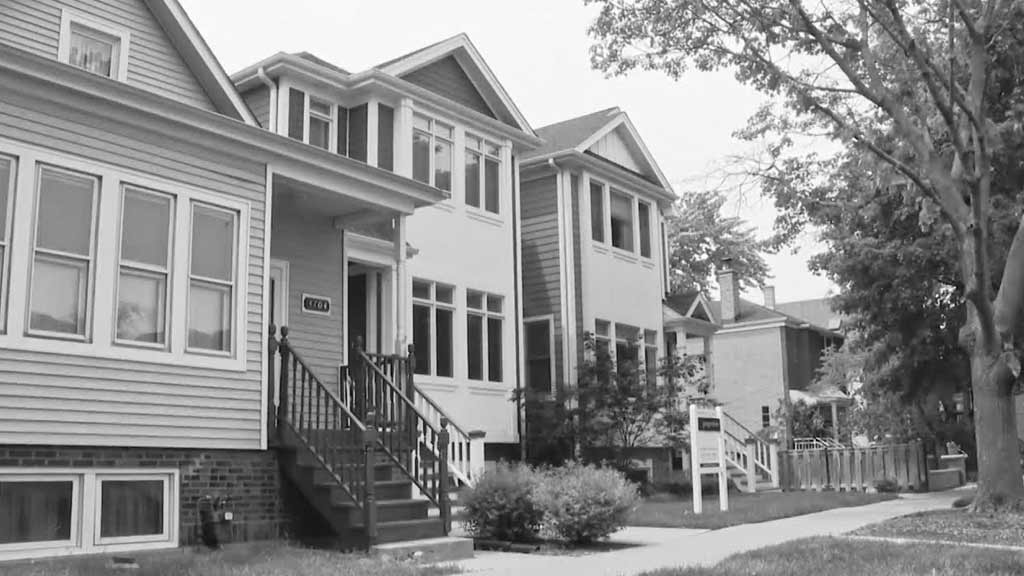
Lawrence boasts a relatively low cost of living compared to neighboring cities and towns, making it an affordable option for individuals and families looking to purchase or rent a home.
The city offers a range of housing options, from historic single-family homes to modern apartments, catering to diverse needs and preferences.
Cultural Diversity
Lawrence’s diverse population contributes to its vibrant cultural scene, with residents from various ethnic, racial, and cultural backgrounds sharing their traditions, languages, and cuisines.
The city’s cultural diversity fosters a sense of inclusivity and belonging, enriching the community and providing opportunities for cross-cultural exchange and understanding.
Economic Opportunities
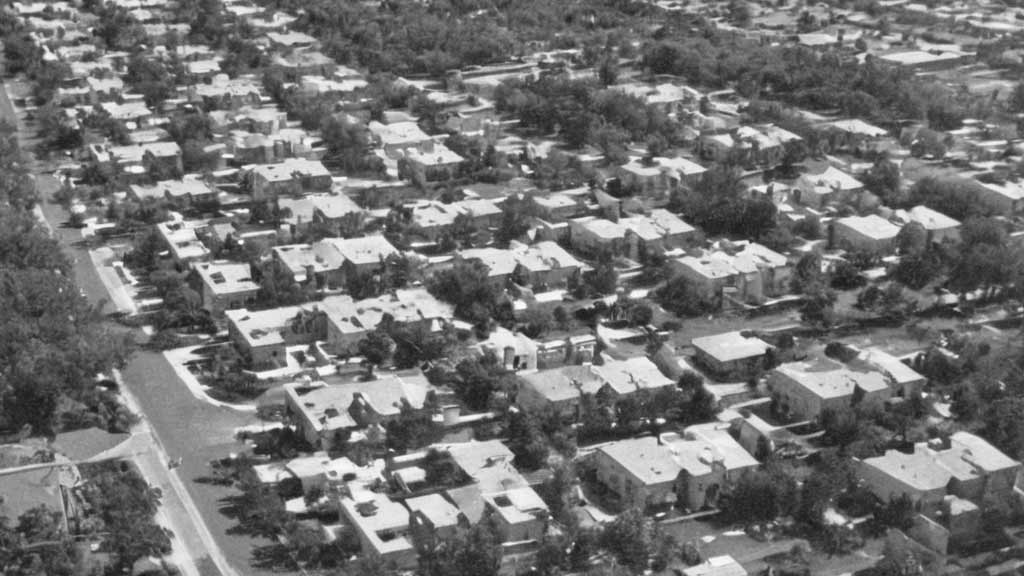
Lawrence’s strategic location near major highways and transportation hubs, coupled with its proximity to Boston, provides residents with access to a wide range of employment opportunities in diverse industries such as manufacturing, healthcare, education, and retail.
The city’s economic development initiatives aim to attract businesses, create jobs, and stimulate growth, offering residents the chance to thrive professionally.
Educational Institutions
Lawrence is home to a variety of educational institutions, including public schools, charter schools, and private academies, that provide quality education and support services for students of all ages and backgrounds.
The city’s schools emphasize academic excellence, innovation, and community engagement, preparing students for success in college, career, and beyond.
Recreational Amenities
Lawrence offers numerous recreational amenities and green spaces where residents can enjoy outdoor activities, exercise, and relaxation.
Parks, playgrounds, and sports fields provide opportunities for recreation and socialization, while cultural attractions, museums, and theaters offer entertainment and enrichment for residents of all ages.
Community Engagement
Lawrence boasts a strong sense of community, with residents actively engaged in local initiatives, events, and organizations that promote civic pride, volunteerism, and social cohesion.
Community centers, neighborhood associations, and cultural institutions provide opportunities for residents to connect, collaborate, and contribute to the betterment of the city.
Transportation Access
Lawrence benefits from excellent transportation access, with easy access to major highways, commuter rail stations, and public transit services that connect residents to Boston and other nearby cities.
The city’s strategic location and transportation infrastructure make it convenient for residents to commute to work, travel for leisure, and access essential services and amenities.
Conclusion
The history of Lawrence, Massachusetts, is a testament to the city’s enduring legacy and cultural significance.
From its industrial roots to its vibrant immigrant communities, Lawrence’s history reflects the dynamic interplay of economic, social, and cultural forces that have shaped its identity over time.
By preserving and honoring its rich heritage, Lawrence ensures that future generations will continue to appreciate and learn from the city’s storied past, while embracing new opportunities for growth, diversity, and renewal.
As Lawrence continues to evolve and thrive, its history remains a source of pride and inspiration, shaping the identity of this beloved New England city for generations to come.
Jaclyn Lowe